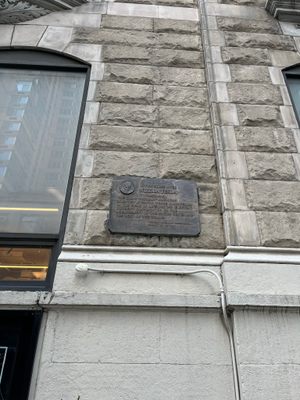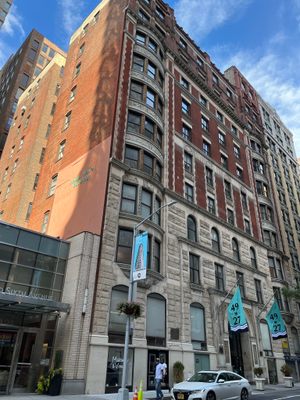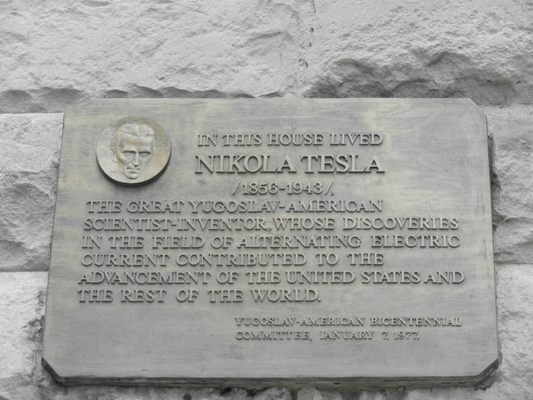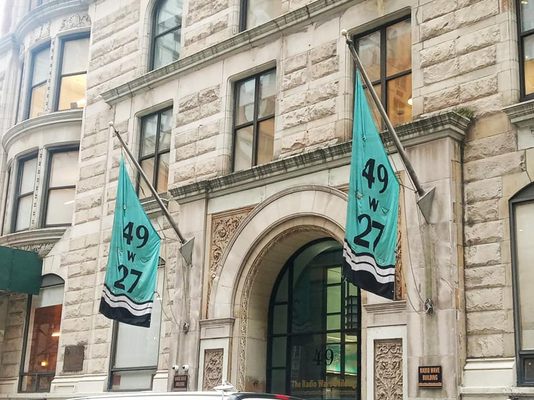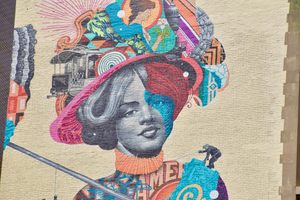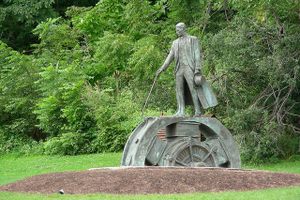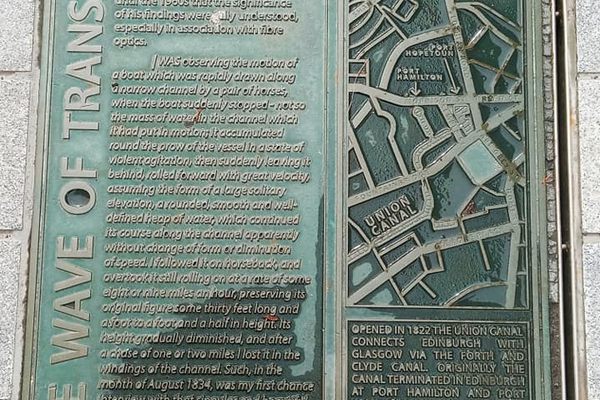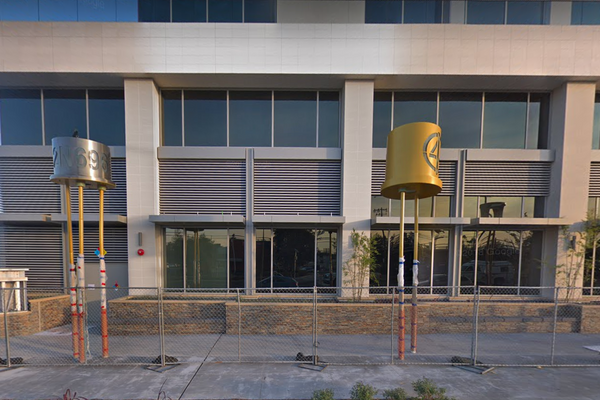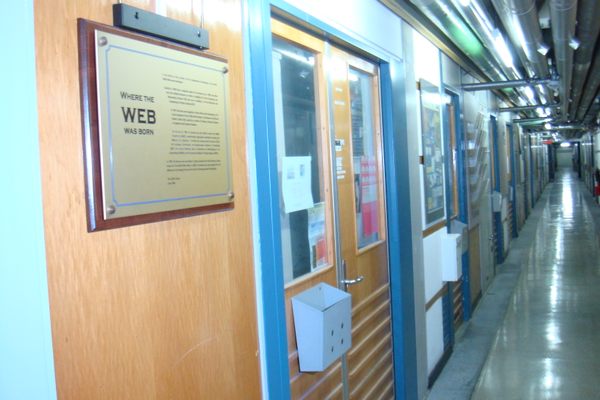About
Nikola Tesla is the real father of radio. Although Tesla was granted the first radio patent in 1900 and made headlines for his radio wave technologies even in the late 19th century, Italian Guglielmo Marconi has gone down in history as the medium's inventor.
That said, not everyone – or everywhere – has forgotten about Tesla's contributions to the creation of radio. In 1977, the appropriately-named Radio Wave Building in Lower Manhattan began displaying a plaque thanking Tesla for his work in the field of radio technology. Tesla, who lived in the building in its former incarnation as the Gerlach Hotel in 1896, experimented with radio waves there. The plaque notes Tesla's advancements in the "field of alternating electric current." For the science-uninitiated, the building's name gives sufficient credit where credit is long overdue.
The story of how Tesla lost his patent, however, is unbelievable in itself. Marconi was originally discounted by the U.S. Patent Office as coattail-rider trying to pull a fast one on their office. In 1903, in response to Marconi's radio patent application, they said, "Many of the claims are not patentable over Tesla patent numbers 645,576 and 649,621, of record." Marconi proclaimed his ignorance of the Tesla oscillator, an invention so famous that the Patent Office knew it was impossible another scientist wouldn't know of it.
Despite the disapproval of his patent, Marconi's Wireless Telegraph Company, Ltd. began gaining popularity in England, where he lived, and abroad. Perhaps because of his good looks, charm and connections within British society, stock in the company began increasing in price and soon after Marconi famously became the first person to transmit radio signals across the Atlantic Ocean. Still, Tesla was unabashed, saying "Let him continue. He is using seventeen of my patents."
But Tesla was not quite so tongue-in-cheek when the U.S. Patent Office reversed its original 1903 decision in 1904, giving Marconi the radio invention patent after all. Although this reversal seems incomprehensible, some of Marconi's influential American backers – including Tesla's rival, Edison – may shed more light on the situation. Amazingly, Marconi even went on to win the Nobel Prize in 1911, further infuriating Tesla and belittling his accomplishment.
Related Tags
Community Contributors
Added By
Published
July 10, 2012


